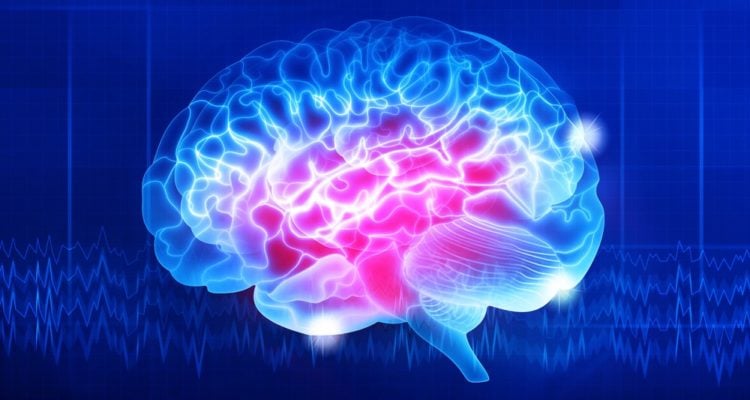British researchers find some coronavirus patients develop neurological complications even if they don’t have severe symptoms.
By Paul Shindman, World Israel News
The coronavirus pandemic may be affecting the brain and causing long-term damage, British researchers revealed in a study published Wednesday.
Scientists from the University College in London discovered that aside from the severe respiratory problems that COVID-19 is known to cause, the virus can also cause neurological damage even if the patient doesn’t show severe respiratory symptoms associated with the disease, CNN reported.
“We should be vigilant and look out for these complications in people who have had COVID-19,” said Dr. Michael Zandi, one of the authors of the paper.
The researchers warned that it is still not known “whether we will see an epidemic on a large scale of brain damage linked to the pandemic.” Additional research and follow-up studies are needed to determine the long-term affects on the brains of those who recovered from the coronavirus, they said.
The 43 patients in the study were treated for coronavirus earlier this year, ranged in age from 16 to 85 and had a wide range of symptoms from mild to severe.
An alarming 40 of the 43 patients showed some kind of brain damage including 10 cases of “temporary brain dysfunction” and delirium, 12 cases of brain inflammation, eight who suffered strokes and eight with nerve damage.
Most of the 12 patients with brain inflammation were discovered to have a rare and sometimes deadly condition known as Acute disseminated encephalomyelitis (ADEM), something that the hospital encountered only about once a month before the pandemic but is now seeing once a week from coronavirus complications.
One notable example of the aftereffects on the brain is CNN business anchor Richard Quest, who contracted coronavirus in April. After recovering from the exhaustion and the telltale corona dry coughing spasms, Quest found he was suffering from several changes that appear to have affected his brain.
“I am also discovering new areas of damage: I have now become incredibly clumsy,” Quest wrote on the CNN website on July 7, long after he had recovered and tested negative for the virus.
“If I reach for a glass, or take something out of a cupboard, I will knock it or drop it on the floor. I have tripped over the curb and gone flying. I fall over furniture. It is as if that part of my brain, which subconsciously adjusts hand and movement to obstacles it sees, isn’t working,” Quest said.
“The doctors try to reassure me, saying this will wear off, but they can’t tell me when,” Quest said, adding that he is “concerned, but not panicked yet.”
Although recovered, Quest said “when you think ‘well, thank God that’s gone,’ look around, the damage is strewn everywhere and will be with you long after the crisis has passed.”





